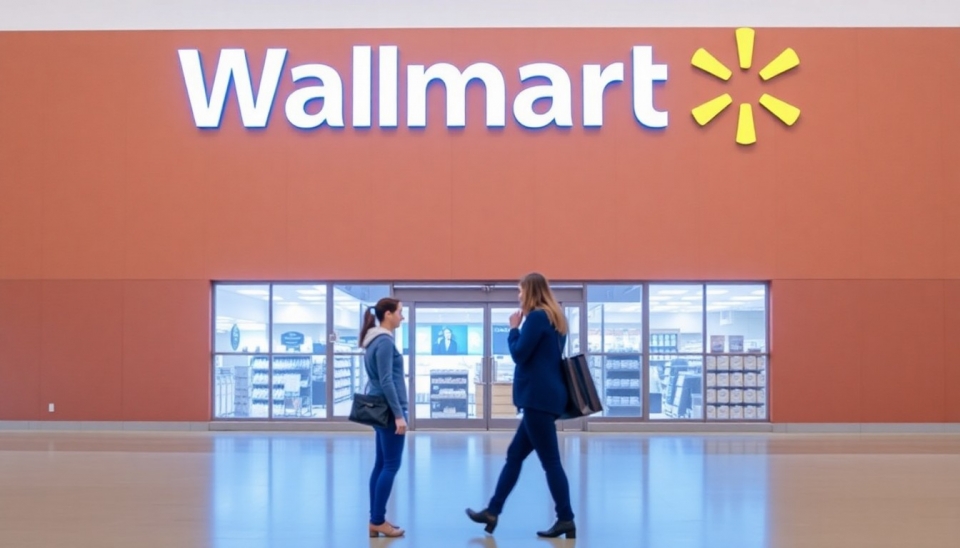
In a surprising turn of events, both Klarna and StubHub have decided to suspend their initial public offering (IPO) plans as the markets face significant turbulence linked to renewed trade tensions and tariffs introduced by the Trump administration. This decision highlights how external political factors can create ripples in the financial landscape, influencing even the most robust companies' strategies.
Klarna, a prominent player in the buy now, pay later (BNPL) industry, and StubHub, a well-known ticket resale platform, were both on track to capitalize on favorable market conditions for IPOs. However, the recent reinstatement of tariffs by former President Donald Trump on a variety of imported goods has led to increased anxiety among investors. This has had a cascading effect on the stock market, contributing to a more volatile environment.
The backdrop of rising tariffs has raised fears concerning the broader implications for the economy, which has resulted in investors leaning towards a more cautious approach. Market analysts are expressing concerns that these heightened tensions could lead to slowed economic growth, which would be detrimental to companies poised to enter the public markets. With uncertainty surrounding future trade policies, companies are reconsidering the timing of their IPOs.
Initially, both Klarna and StubHub were optimistic about their market debut. Klarna has been a significant name in the fintech sector, having amassed substantial investment over the years and showing consistent revenue growth. Similarly, StubHub, which is owned by eBay, has a solid business model centered on facilitating ticket sales for live events, making it a potential favorite among investors. Nevertheless, the stark reality imposed by the current economic climate has forced both firms to recalibrate their expectations.
The decision to pause their IPO plans not only reflects the companies' desire to mitigate risk but also underlines the prevailing sentiment in the market. The recent volatility, characterized by fluctuating stock prices and investor apprehension, paints a stark picture of the challenges facing new public offerings amid complex geopolitical landscapes. Analysts suggest that rescheduling IPOs might be more favorable once market conditions stabilize, potentially positioning these companies for better reception and valuation in the future.
The unrest in the markets, driven by fears of inflation and economic slowdown further compounded by tariff-related anxieties, has cast a long shadow over the IPO landscape. Experts in the field believe that without significant policy changes or improvements in investor sentiment, newcomers to the public market may continue to face difficulties in securing the desired capital and confidence from investors.
As the world watches closely, the outcomes for Klarna and StubHub may serve as crucial indicators of how external political dynamics can shape business decisions and influence the IPO market at large. By choosing to hold off on their market entries, these firms are not just seeking to protect their interests but also sending a message that even the most prepared companies are vulnerable to the capricious nature of global trade and economic policy.
As both companies navigate these tumultuous waters, the business community, investors, and analysts alike will be keenly monitoring the developments surrounding their potential IPOs, eagerly awaiting any updates on when or if they might re-enter the public arena.
#Klarna #StubHub #IPO #Tariffs #Markets #Trump #TradeTensions #Fintech #Investing #Economy
Author: John Miller




